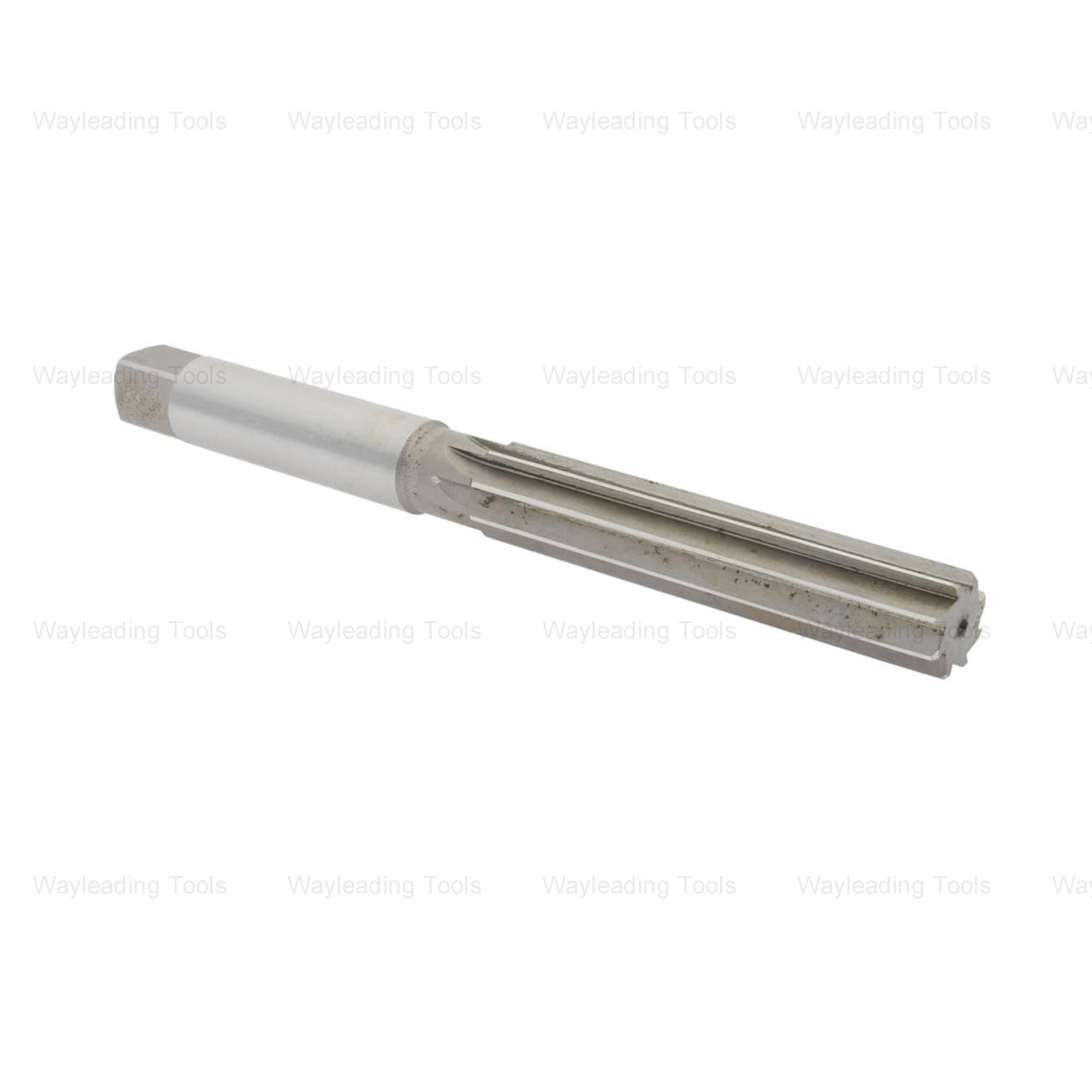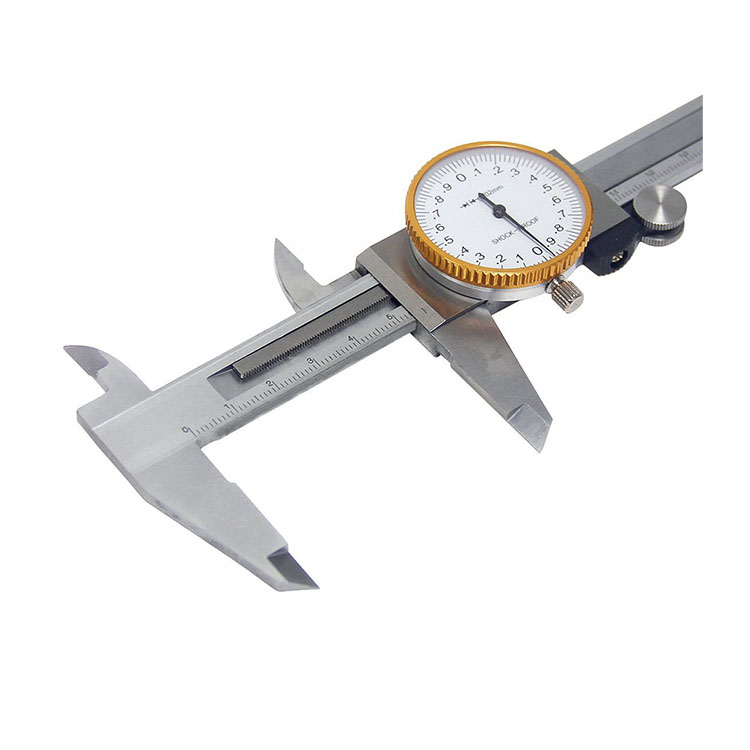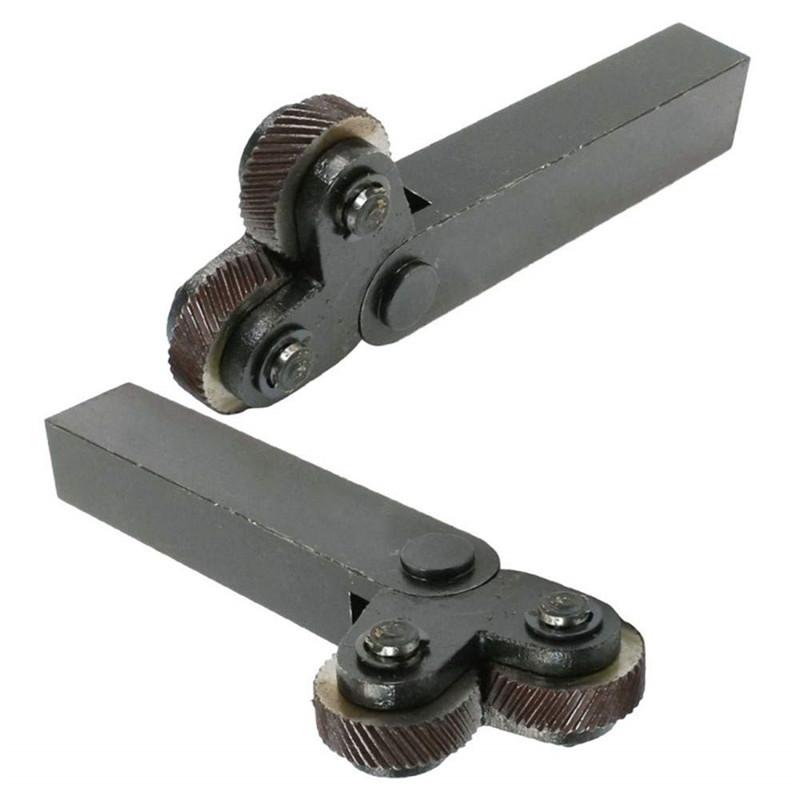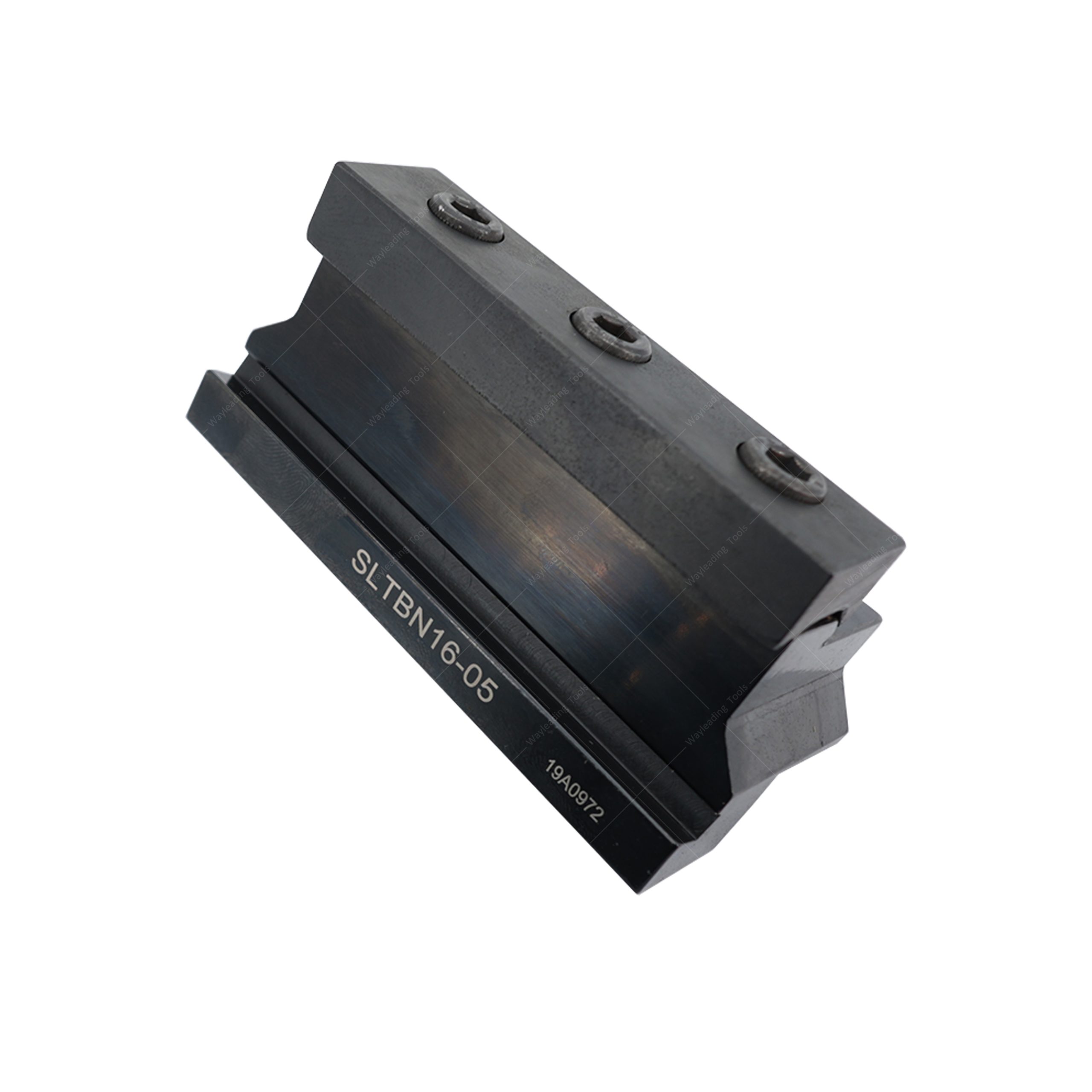Die wrench Manufacturer
A die wrench manufacturer specializes in producing tools used for turning and holding dies, essential components in threading processes. These wrenches ensure precise and efficient operation, crucial for creating accurate threads on various materials. Finding a reliable manufacturer guarantees high-quality tools that withstand demanding industrial applications. This guide explores key aspects of die wrench production, selection, and use.
Understanding Die Wrenches
What is a Die Wrench?
A die wrench, also known as a stock, is a hand tool designed to hold and turn threading dies. Threading dies are used to cut external threads on rods, bolts, and pipes. The wrench provides leverage and control, allowing the user to create accurate and consistent threads. The effectiveness of your threading job heavily relies on using the right tools and techniques. Sourcing from a reputable die wrench manufacturer is the first step.
Types of Die Wrenches
Several types of die wrenches are available, each suited for different applications and die sizes:
- Adjustable Die Wrenches: These wrenches can accommodate a range of die sizes, making them versatile for various threading tasks.
- Solid Die Wrenches: Designed for a specific die size, these wrenches offer increased stability and accuracy.
- Ratchet Die Wrenches: Featuring a ratcheting mechanism, these wrenches allow for efficient threading in confined spaces.
Key Considerations When Choosing a Die Wrench Manufacturer
Quality of Materials and Manufacturing Processes
The durability and performance of a die wrench depend on the quality of materials used and the precision of the manufacturing process. Look for manufacturers that use high-grade steel and employ advanced machining techniques. Wayleading Tools, for example, is known for using durable materials to ensure long-lasting performance of their tools.
Range of Products Offered
A good die wrench manufacturer should offer a wide range of wrenches to cater to different needs. This includes different sizes, types, and configurations. Some manufacturers also offer custom solutions for specialized applications.
Customization Options
For unique threading requirements, consider manufacturers that offer customization options. This allows you to tailor the die wrench to your specific needs, ensuring optimal performance. Customization might include specific handle lengths, die holder sizes, or ergonomic features.
Certifications and Standards Compliance
Ensure that the die wrench manufacturer complies with relevant industry standards and holds necessary certifications. This demonstrates their commitment to quality and safety. Look for certifications such as ISO 9001, which indicates a well-managed quality control system.
Customer Support and Service
Reliable customer support and service are crucial, especially when dealing with technical products. Choose a manufacturer that offers prompt assistance, technical guidance, and after-sales support. Positive customer reviews and testimonials are good indicators of a manufacturer's service quality.
Selecting the Right Die Wrench for Your Needs
Die Size and Type
The first step in selecting a die wrench is to determine the size and type of dies you will be using. Ensure that the wrench is compatible with your dies to prevent damage and ensure accurate threading. Refer to the manufacturer's specifications to confirm compatibility.
Material of Workpiece
The material you will be threading also influences the choice of die wrench. Harder materials require more leverage and a more robust wrench. For softer materials, a lighter-duty wrench may suffice. Consider the torque requirements based on the material's hardness.
Application Requirements
Consider the specific application requirements. For example, if you are working in confined spaces, a ratchet die wrench may be the best option. If you need to thread multiple sizes, an adjustable wrench is a good choice. Consider the frequency of use and the level of precision required.
Ergonomics and Comfort
For prolonged use, ergonomics and comfort are essential. Look for wrenches with comfortable handles and a balanced design to reduce fatigue. Some manufacturers offer wrenches with ergonomic grips that enhance control and reduce strain.
Finding a Reputable Die Wrench Manufacturer
Online Research
Start by conducting online research to identify potential manufacturers. Look for companies with a strong online presence, detailed product information, and positive customer reviews. Wayleading Tools (www.wayleading.com) is an example of a reputable provider that offers comprehensive product details and customer support.
Trade Shows and Industry Events
Attend trade shows and industry events to meet manufacturers in person and see their products firsthand. This provides an opportunity to ask questions, compare products, and assess the manufacturer's expertise.
Referrals and Recommendations
Seek referrals and recommendations from other professionals in your industry. Their experiences can provide valuable insights into the quality and reliability of different manufacturers.
Die Wrench Maintenance and Care
Cleaning and Lubrication
Regular cleaning and lubrication are essential for maintaining the performance and longevity of your die wrench. Remove any debris or contaminants after each use and apply a light lubricant to prevent rust and corrosion.
Proper Storage
Store your die wrench in a clean, dry place to prevent damage and corrosion. Avoid storing it with other tools that could scratch or dent its surface.
Regular Inspection
Inspect your die wrench regularly for signs of wear or damage. Replace any worn or damaged parts to ensure safe and accurate operation. Pay attention to the die holders and the handle for any cracks or deformations.
Troubleshooting Common Issues
Die Slipping
If the die is slipping in the wrench, ensure that it is properly tightened. Check for any damage to the die holder or the die itself. If necessary, replace the worn components.
Difficulty Turning
If you are experiencing difficulty turning the die wrench, ensure that the workpiece is properly lubricated. Check for any obstructions or debris in the die. If the problem persists, consider using a wrench with more leverage.
Inaccurate Threads
Inaccurate threads can result from a variety of factors, including a damaged die, improper alignment, or excessive force. Ensure that the die is in good condition and properly aligned. Use consistent pressure and avoid forcing the wrench.
Die Wrench Safety Tips
Wear Safety Glasses
Always wear safety glasses when using a die wrench to protect your eyes from flying debris.
Use Proper Gloves
Wear gloves to improve grip and protect your hands from sharp edges and hot surfaces.
Maintain a Secure Grip
Maintain a secure grip on the die wrench to prevent slipping and potential injuries.
The Future of Die Wrenches
The future of die wrench manufacturing is likely to see advancements in materials, design, and automation. Expect to see more wrenches made from lightweight, high-strength alloys, as well as designs that incorporate ergonomic features and smart technology. Automation in manufacturing processes will lead to increased precision and efficiency, resulting in higher-quality and more affordable die wrenches.
Related products
Related products
Best selling products
Best selling products-
 Precision 2pcs Angle Blocks Set With High Quality Type
Precision 2pcs Angle Blocks Set With High Quality Type -
 HSS Hand Reamers – Metric & Inch Sizes, Straight or Spiral Flutes
HSS Hand Reamers – Metric & Inch Sizes, Straight or Spiral Flutes -
 HSS Metric & Inch Dovetail End Mill With 45 And 60 Degree For Industrial
HSS Metric & Inch Dovetail End Mill With 45 And 60 Degree For Industrial -
 Precision 8pcs & 9pcs Angle Blocks Set With High Quality Type
Precision 8pcs & 9pcs Angle Blocks Set With High Quality Type -
 30PCS HSS Metric And Inch Size MINI Tap & Die Set
30PCS HSS Metric And Inch Size MINI Tap & Die Set -
 MT-APU Drill Chuck Holder With Keyless Type
MT-APU Drill Chuck Holder With Keyless Type -
 Type E Oval Tungsten Carbide Rotary Burr
Type E Oval Tungsten Carbide Rotary Burr -
 Precision Dial Caliper Of Metric & Imperial For Industrial
Precision Dial Caliper Of Metric & Imperial For Industrial -
 Type C Cylinder Ball Nose Tungsten Carbide Rotary Burr
Type C Cylinder Ball Nose Tungsten Carbide Rotary Burr -
 DIN333A HSS Center Drills With Milled & Fully Ground Flute
DIN333A HSS Center Drills With Milled & Fully Ground Flute -
 CNMG & CNMM Turning Insert For Indexable Turning Tool Holder
CNMG & CNMM Turning Insert For Indexable Turning Tool Holder -
 Outside Micrometer Set Of Inch & Metric For Industrial
Outside Micrometer Set Of Inch & Metric For Industrial
Related search
Related search- rcmt insert Manufacturers
- carbide chamfer tool Suppliers
- High-Quality milling machine vise
- lathe tools Manufacturer
- british standard taper pipe full profile threading insert Factories
- High-Quality TCGX insert
- retention knob
- QE parting and grooving insert Manufacturer
- LNCT insert Supplier
- measuring tools Manufacturers










